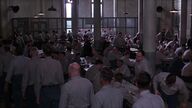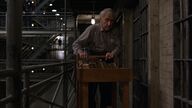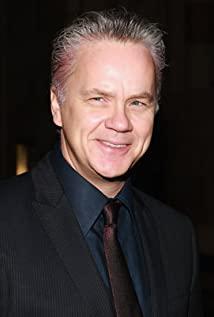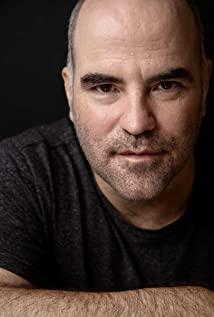"The Shawshank Redemption" seems to show us various results of this problem: Old Bo was paroled after fifty years in prison, and committed suicide because he could not adapt to life outside prison; Reid gradually became institutionalized after a long prison life. Become disheartened; and Andy, after experiencing a series of incredible prison life, escaped this place inconceivably, and finally lived in the "ocean of no memory". . .
I once thought it was an inspirational film, lines such as "hope is a good thing, maybe the best of the things, and no good things ever die" appeared in my ears from time to time, stirring up layers after layers in my heart The ripples make people surging.
Again, I thought it was a philosophical film. For example, Rhett told everyone deeply that institutionalization is a thing. At first you hate it, then it is a habit, and then you can't live without it. Well said, and wonderful!
But the question is, do we really need to understand that? It is hard to imagine that after a person understands everything, he can still have the motivation, courage and hope to persevere? Hope is indeed beautiful, but ask yourself, how many ordinary people like me can maintain a passion for such a long time, even if it is 5 years?
When people are impulsive, they may believe that they can accomplish this or that. But I prefer to believe that people are always lazy animals, institutionalization is the norm, and Andy is just a very extreme example.
I really like the sentence in it, in prison, you have to find something to do. In the past nineteen years, Andy has polished himself a set of chess, invited his inmates to drink beer, built a library, made fake accounts, and of course, most importantly, he has dug a tunnel. . .
You have to find yourself something to do, and I agree with that. . . .
View more about The Shawshank Redemption reviews











